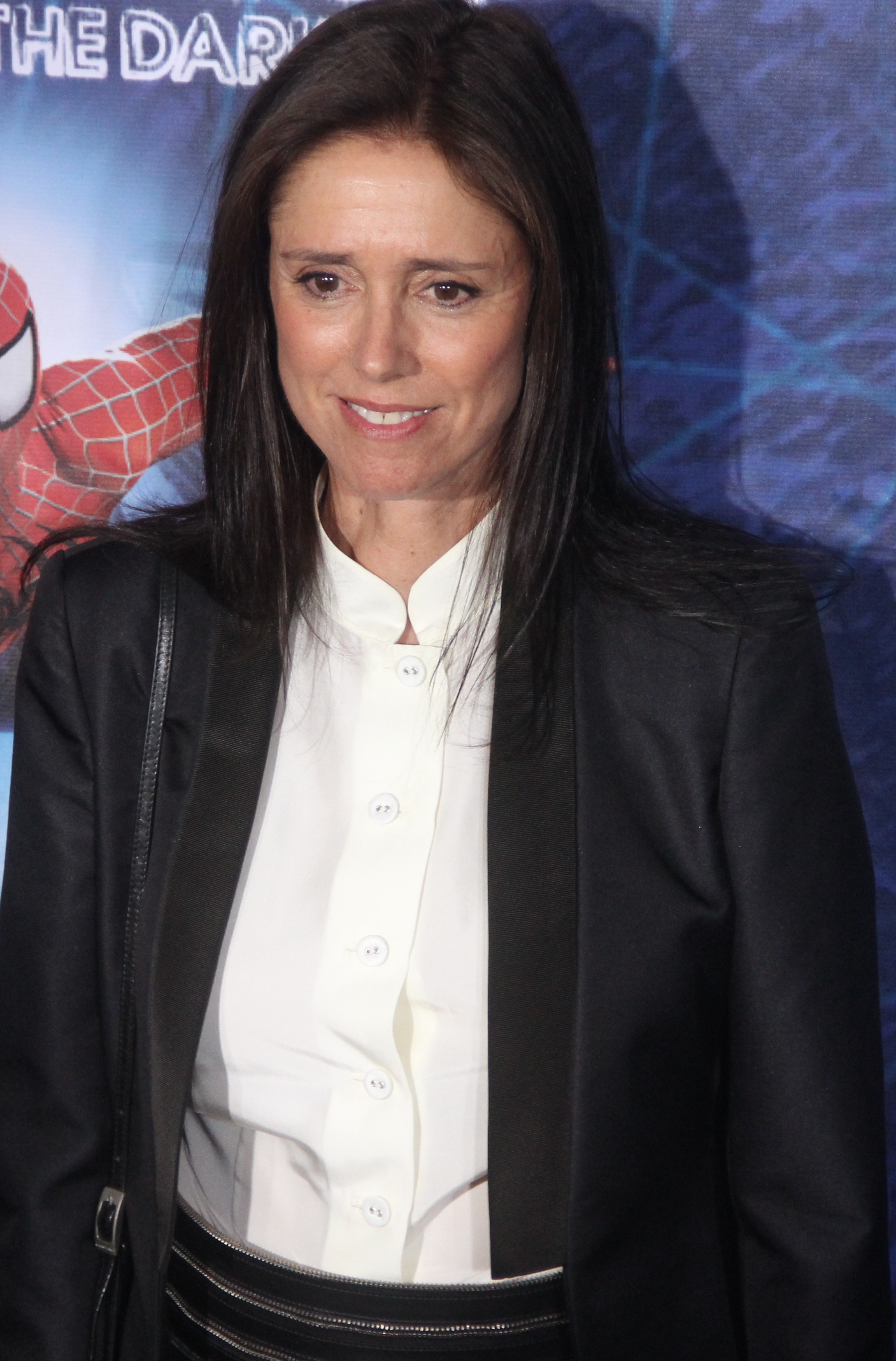“In our culture, we think that happy and color is trivial, that black and darkness is deeper.”
Academy of Achievement interview (2006)
Contexto: In our culture, we think that happy and color is trivial, that black and darkness is deeper. But Nietzsche said — which is a line that I firmly believe — "Joy is deeper than sorrow, for all joy seeks eternity." And if you see Grendel, you'll see, as he's on the edge of the abyss, ready to leap to his death, he sings, "Is it joy I feel? Is it joy I feel?" And it's so, so moving. You can have a lot of different explanations for the ending of that opera, but there is something so palpable that you will feel when he sings those lines.
